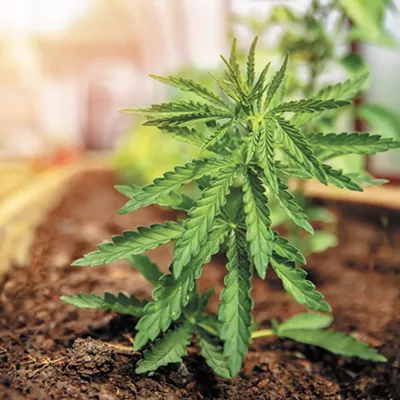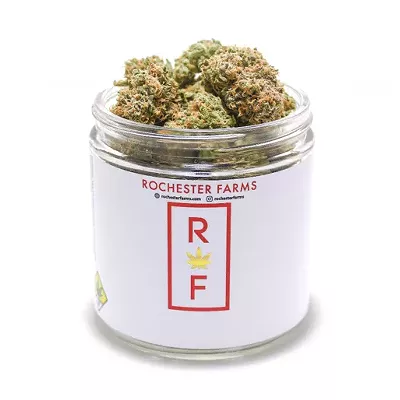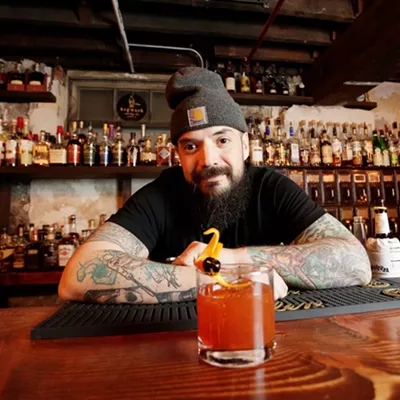Drug policy in Washington just changed, dramatically, and almost overnight, in a way stunningly different from the state's last major shift in drug policy.
When voters approved the legalization of cannabis, the initiative laid out how and when the legalization process would take place. It gave everyone involved, from the cannabis industry to law enforcement, time to figure things out. In a ruling filed Feb. 25, the Washington Supreme Court effectively decriminalized drug possession in the state. All drugs, not just cannabis, and with no timetable.
The court was ruling on a case brought by Shannon Blake. Officers arrested Blake in 2016 after executing a search warrant and finding a bag of methamphetamine in the pocket of a pair of jeans in Blake's possession. Blake argued that the jeans had been given to her and that she was unaware of the bag of meth in the pocket.
In their ruling on the case, the court determined that the state's drug possession statute is unconstitutional because it "criminalize(s) innocent and passive possession, even by a defendant who does not know, and has no reason to know, that drugs lay hidden within something that they possess."
The opinion supporting the decision included a hypothetical involving a postal carrier unknowingly breaking the law by delivering a parcel containing a controlled substance. But the way the statute is worded doesn't differentiate between someone unknowingly breaking the law and someone doing so knowingly. Possession is possession, whether you know about it or not. To the court, that's an unconstitutional overreach and the whole statute's got to go.
Which means simple possession appears to no longer be a crime. As a result, police departments around the state, including here in Spokane, have told their officers to stop making arrests for possession alone. However, that doesn't mean cocaine and cannabis are on the same level, legally speaking. Possession with intent to distribute, for example, remains illegal, as does simple possession under federal law. Beyond that, though, nobody knows what comes next.
The Legislature could pass a new law that would criminalize possession in a way that doesn't exceed constitutional protections, but that could take months or years. There's also a growing decriminalization movement within the state, which has only gained steam since Oregon voters decriminalized drug possession last November. There's a lot to be figured out, but unlike with the legalization of cannabis, there won't be any time set aside for the figuring. ♦





















